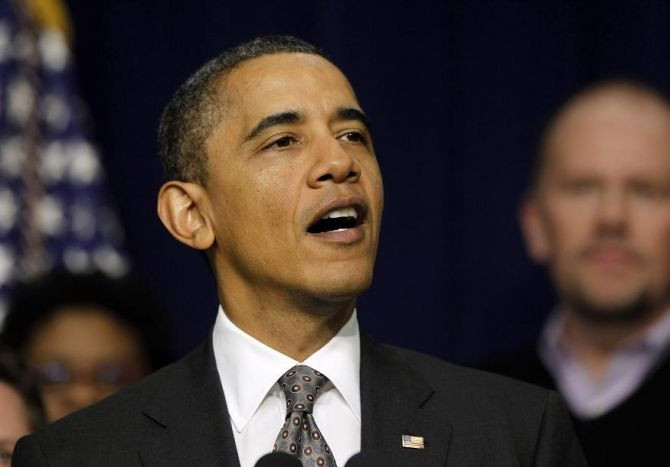Powerful People More Likely to Be Happy

It may be lonely at the top, but for people who reside there, they sure are happy. In fact, while it may seem that powerful people are surrounded by yes men and are burdened by increased responsibility, a recent study indicates that people with power are happier than people without. Part of that happiness stems from the fact that powerful people appear to be more true to themselves, increasing their level of self-satisfaction.
The researchers, hailing from Tel Aviv University in Israel, the University of New Brunswick in Canada and Columbia University in the United States, theorized that being in a position of authority would make individuals feel enhanced well-being. As they write in the study, "Because power increases the correspondence between internal states and behavior, we hypothesized that power enhances subjective well-being (SWB) by leading people to feel more authentic."
The study was comprised of three experiments. The first experiment consisted of a survey administered to 350 participants. All were asked about their feelings of power at work, in their friendships and in their romantic relationships. Indeed, the experiment revealed that more powerful people tended to be more content with their lives; the most powerful people were 16 percent happier with their lives than the least powerful.
That association was strongest for people who felt powerful at work; powerful employees were 26 percent happier with their jobs than employees who lacked power. The association was not as strong for people who felt power in their romantic or friendly relationships. Researchers theorize that the lessened link is because these relationships are based on a feeling of community, not hierarchy, like work is.
The next two experiments explored the link between the feelings of well-being, authenticity and power by manipulating the variables independently. The researchers found that increased feelings of power led individuals to feel truer to themselves, because their actions more closely mirrored their beliefs. In addition, feeling authentic led to greater amounts of well-being.
The study was published in the journal Psychological Science.



























